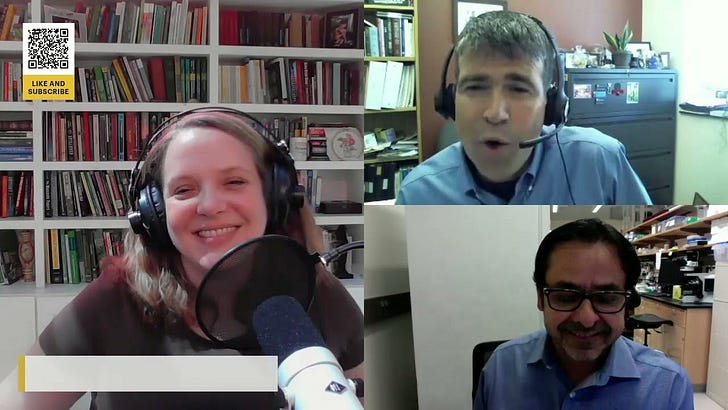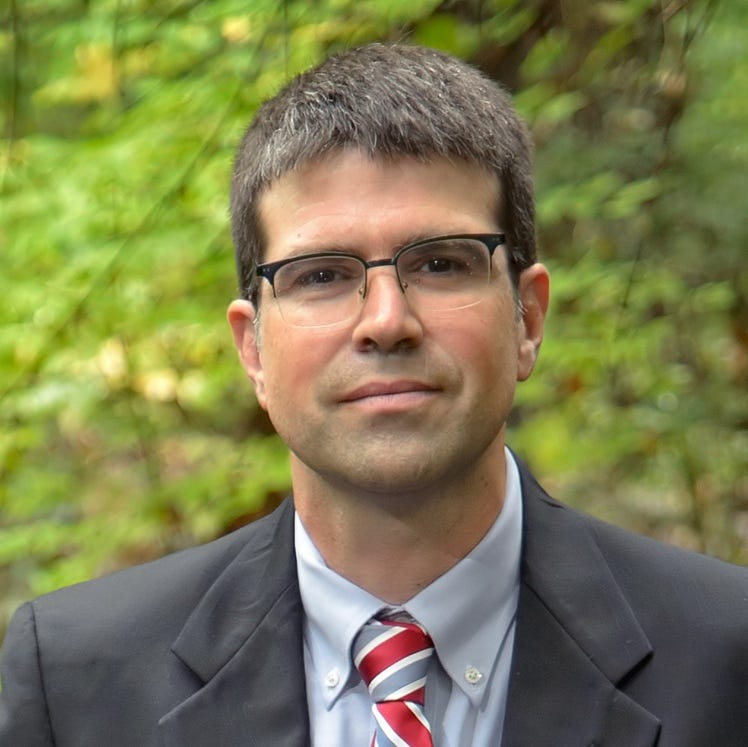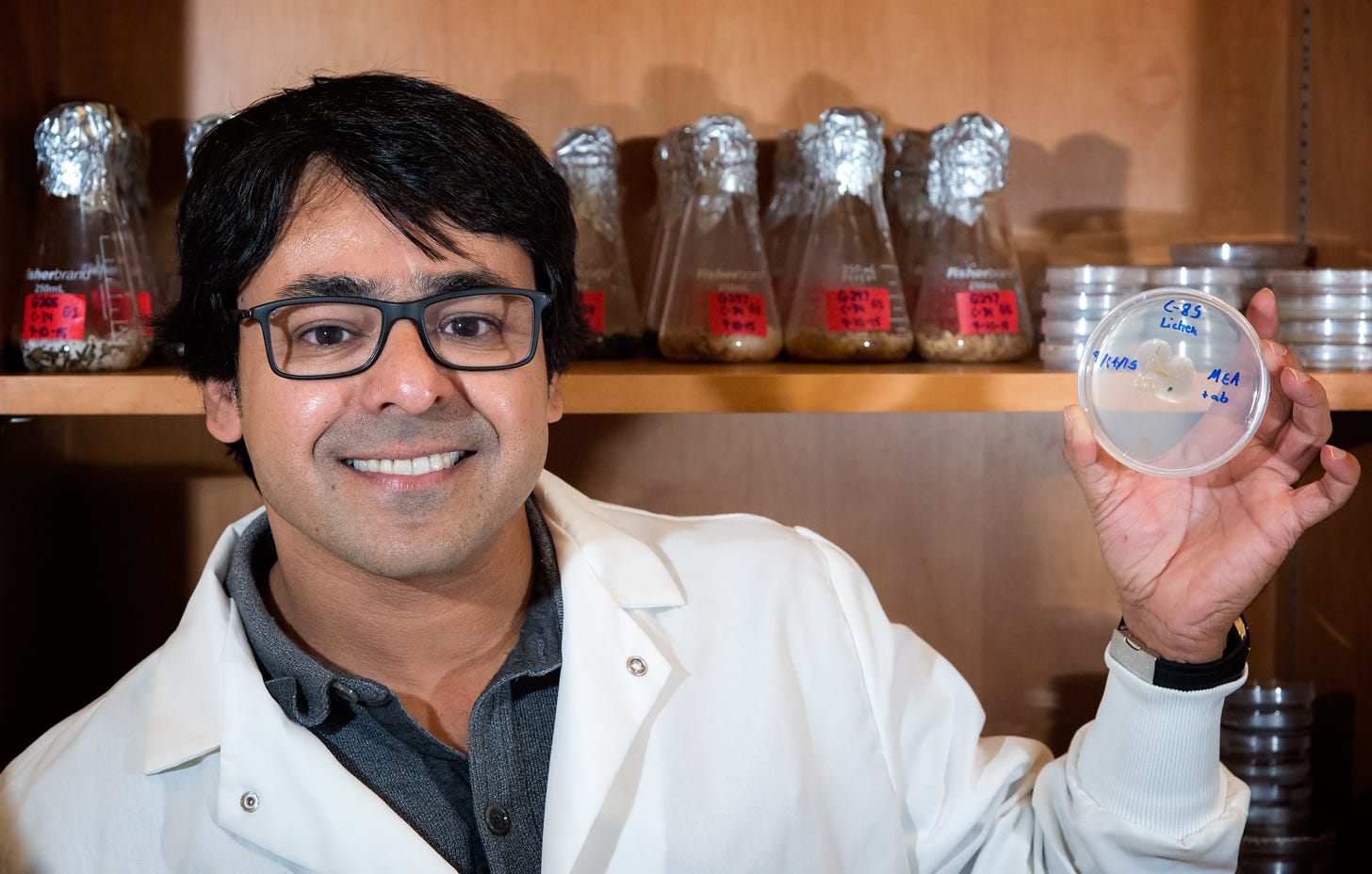The Last of Us with Dr. Nick Oberlies & Dr. Huzefa Raja
This week on the Foodie Pharmacology podcast, I chat with a mycologist (mushroom scientist) and natural products chemist about fact vs. fiction in the hit HBO show, The Last of Us!
If you’re a fan of science fiction like me, you’ve gone gaga over HBO’s new hit show, The Last of Us! This week on the Foodie Pharmacology podcast, I speak with two experts to dissect fact and fiction in the show! Join me as I chat with Dr. Nick Oberlies (a natural products chemist) and Dr. Huzefa Raja (a mycologist) from University of Carolina Greensboro. We dive into questions like:
Which fungi can kill humans?
Can fungi survive in the snow?
Can fungi really turn creatures into mind-controlled zombies?
How do fungi communicate?
SPOILER ALERT if you haven’t seen the show yet, note that we do cover a lot of topics and scenes from the TV show! You can follow our guests research work on Twitter at: @OberliesGroup @huzefaraj @uncg_chem and @UNCGresearch
About my guests
Nick Oberlies
Dr. Oberlies is internationally recognized as an expert in the chemistry of nature and medicines from natural products. He leads a team of scientists focused on the discovery of new drug leads and is skilled in the discovery, biological evaluation, structure elucidation, and optimization of natural product drug leads.
Nick has consulted on the analysis of natural products (e.g., setting up drug discovery pipelines and determining safety of herbal remedies) for clients ranging from Fortune 500 corporations (e.g. Procter & Gamble) to biotechs. He has served on Scientific Advisory Boards for Mycosynthetix, Ionic Pharmaceuticals, Clue Genetics and several Journals (e.g., J. Antibiotics, Phytochemistry, Planta Medica) and has over 100 invited scientific presentations, both nationally and internationally. Nick has published >220 scientific manuscripts.
Huzefa Raja
Dr. Raja is a Research Scientist in the Department of Chemistry and Biochemistry at the University of North Carolina at Greensboro (UNCG), where he researches fungal diversity and biology. He received his Ph.D. in Plant Biology (Mycology) from the University of Illinois at Urbana-Champaign in 2007. His work at UNCG focuses on bioactive secondary metabolites from endosymbiotic and freshwater fungi. His research findings have important implications in studies of biodiversity, phylogenetics, taxonomy, and secondary metabolites of the kingdom fungi. His work on isolating, sequencing, and describing freshwater ascomycetes and other microscopic fungi contributes to the understanding of the evolutionary relationships and diversity of the fungal kingdom. He has published over 140 peer-reviewed papers on fungal biology, ecology, taxonomy, molecular systematics, and chemical compounds from fungi.
Listen to the interview
Listen to the podcast on any of your favorite podcast streaming services. Subscribe to Foodie Pharmacology to access new episodes weekly! If you enjoy this and other episodes, let me know! Give is a 5-star rating on Apple Podcasts so others can find it and enjoy!
Watch the full video version on YouTube
Available exclusively on the Teach Ethnobotany YouTube Channel, you can catch the full video version of this episode and others! Enjoy!
Yours in health, Dr. Quave
Cassandra L. Quave, Ph.D. is a scientist, author, speaker, podcast host, wife, mother, explorer, and professor at Emory University School of Medicine. She teaches college courses and leads a group of research scientists studying medicinal plants to find new life-saving drugs from nature. She hosts the Foodie Pharmacology podcast and writes the Nature’s Pharmacy newsletter to share the science behind natural medicines. To support her effort, consider a paid or founding subscription, with founding members receiving an autographed 1st edition hardcover copy of her book, The Plant Hunter.






